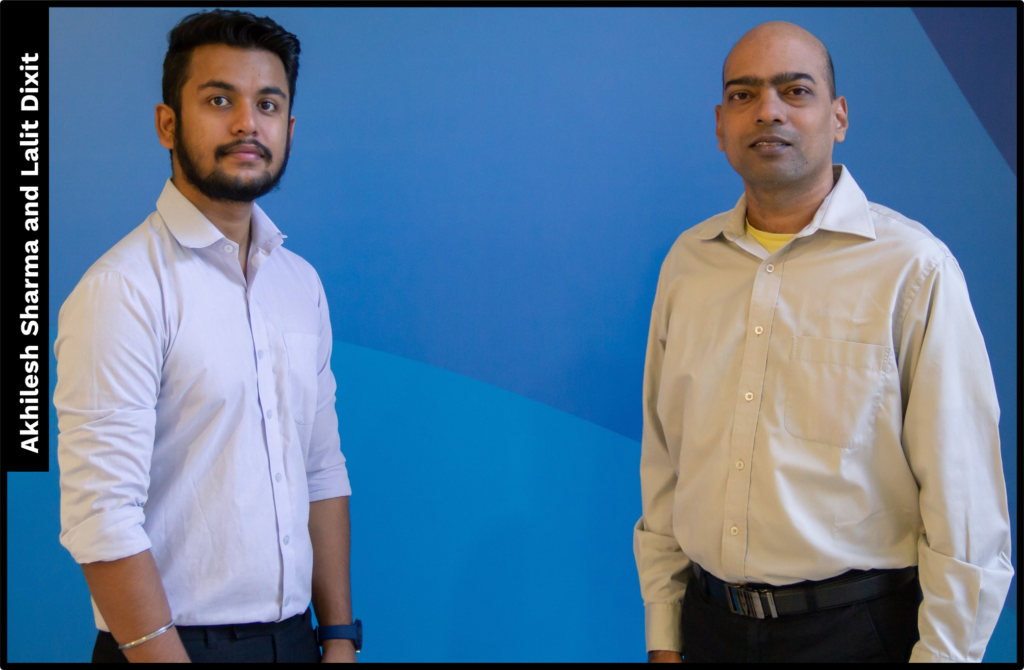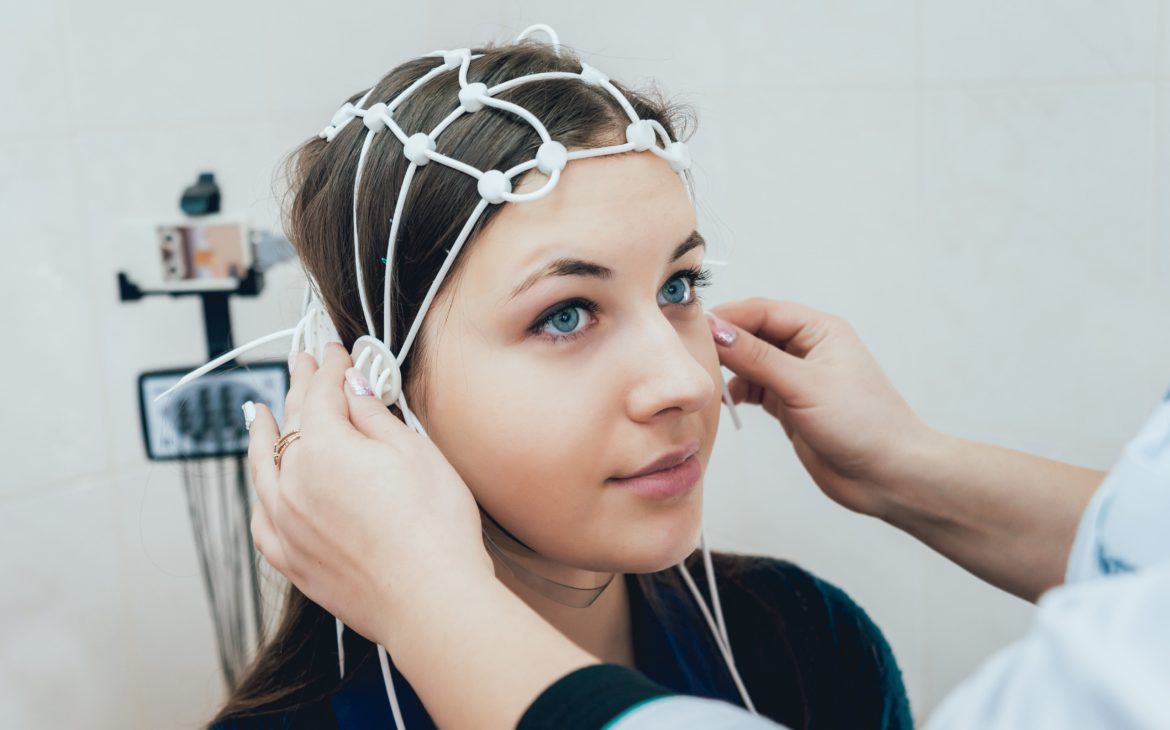EMEKA CHUKWU, AKHILESH SHARMA, and LALITMOHAN DIXIT are currently reading degrees in Computer Information Systems. While each of their projects is separate, the one thing that connects them is how they view data
The 21st century has seen a rise in the value of data. In today’s world, data is an abstract currency that can be harvested, analysed, sold and weaponised. Yet data can also be an invaluable resource that helps us gain better insight into a variety of scenarios. At the time of writing, three students within the Faculty of ICT are working with data to ameliorate processes related to healthcare and education.

Emeka Chukwu is the first among these. Currently reading for a PhD in Computer Information Systems, his degree focuses on creating a system whereby health information exchange can happen more seamlessly than ever before.
“The amount of data generated and consumed in healthcare is vast, yet this data is often collected in different formats, either digitally on tablets or computers, or else on paper,” he explains. “This means that coordination of data is practically impossible, and it’s costing us a lot.
“For a start, it has opened doors to medical fraud and for corporations to make money off healthcare illicitly because no one has a clear, full picture of all that is happening. Worse than that, it’s also leading to higher mortality rates because doctors don’t have access to each other’s notes on patients, and pharmacists may not necessarily know what other medicines a patient may be on when purchasing from them.”
To solve this multi-variant healthcare problem, Emeka and his supervisor have designed and published structured architecture that leverages custom Internet of Things (IoT) hardware and standardised healthcare data. These can then be used at points of care or for infectious disease data tracking, and will include the patient’s medical history and lab test results, doctors’ observations and interpretations, medicines the patient is or has been on, and the likes.
Of course, Emeka understands that traditional trusted data centralisation could be a gold mine for corrupt entities, which is why he is adamant that the model’s final version would have to run on decentralised architecture for shared security and trust. He insists it can only scale with adequate government controls like those in place in Malta and championed by Malta Digital Innovation Authority (MDIA).
“The concept of standardised data exchange isn’t a farfetched idea, either,” he explains. “Banks use standardised safety measures to transfer data and money with great success, so why shouldn’t healthcare? Plus, with so many benefits to people’s health, it’s something worth investing in.”
The idea that data could save lives is a widespread concept. In fact, Master’s in Computer Information Technology student Akhilesh Sharma is using electroencephalogram (EEG) data to understand what happens in the brain right before an epileptic seizure, specifically concentrating on the low frequency brain waves.
“Together with my supervisors, I am currently working on a theory that will see machine learning being used to understand the preliminary signs of an epileptic fit; the changes in the brain that happen before the rolling of the eyes, shaking of hands, and difficulty in speaking associated with such a seizure,” Akhilesh explains.
“Together with my supervisors, I am currently working on a theory that will see machine learning being used to understand the preliminary signs of an epileptic fit; the changes in the brain that happen before the rolling of the eyes, shaking of hands, and difficulty in speaking associated with such a seizure,” Akhilesh explains.”
At the moment, Akhilesh’s Master’s is still at the literature review state, and the actual research has had to be delayed due to COVID-19. Yet this change in the way students all across the world have had to grapple with could itself be a goldmine in data terms, and that is something Lalitmohan Dixit, who is also reading for a Master’s in Computer Information Technology, is keen to tap into.
“My Master’s is looking at neurological learning patterns to understand the actual differences in the ways students learn inside a classroom and at home through online lessons,” he explains.
Also using an EEG, the data collected looks to answer a number of questions including which scenario is best to help students focus and how their brains react to the different stimuli.
“As a Master’s student, I’ve only had one full month of classes so far due to the academic year being disrupted by the pandemic,” he continues. “This, however, has made me understand that there may be a huge difference in how our brains learn when we change scenarios, and I’m hoping this study will help us discover what the best way of learning in the modern world is.”
In all three projects, data, its collection, and its distribution are the key factors, but the results they hope to achieve make these projects very human in nature. Data, after all, is not just about numbers, but also about understanding a segment of people and their needs.

